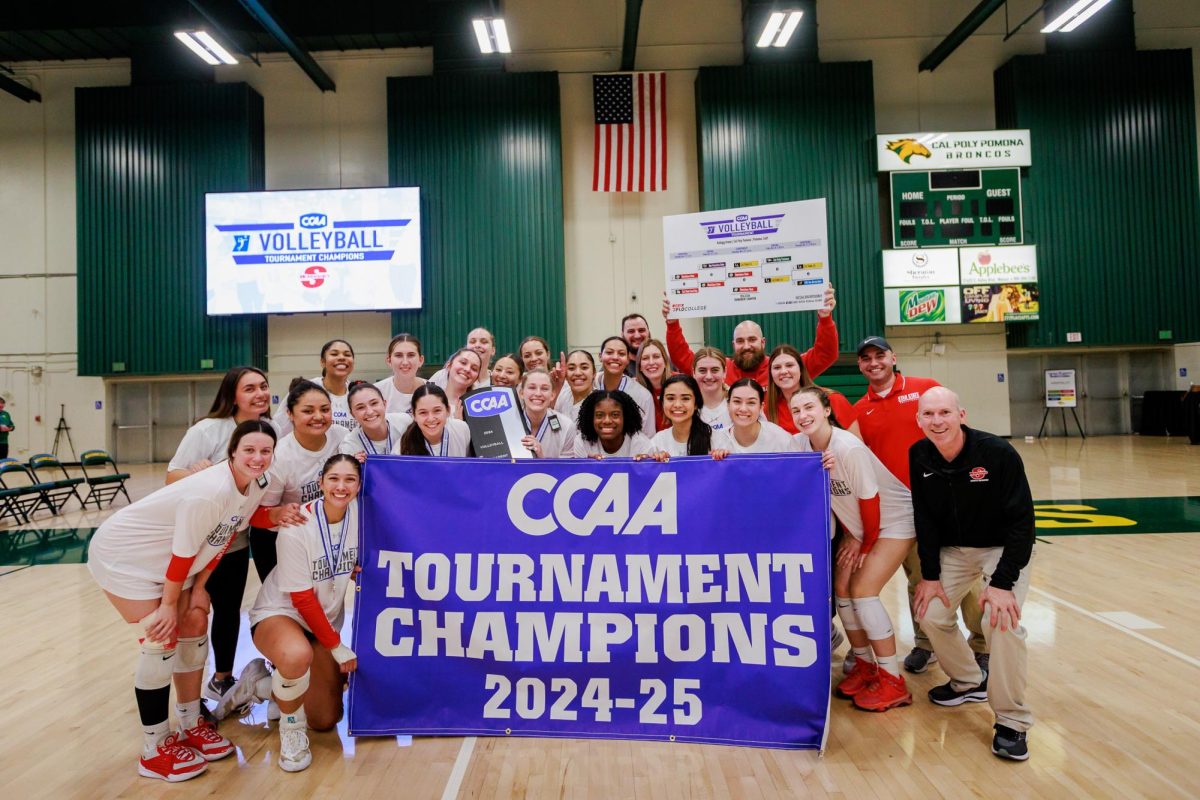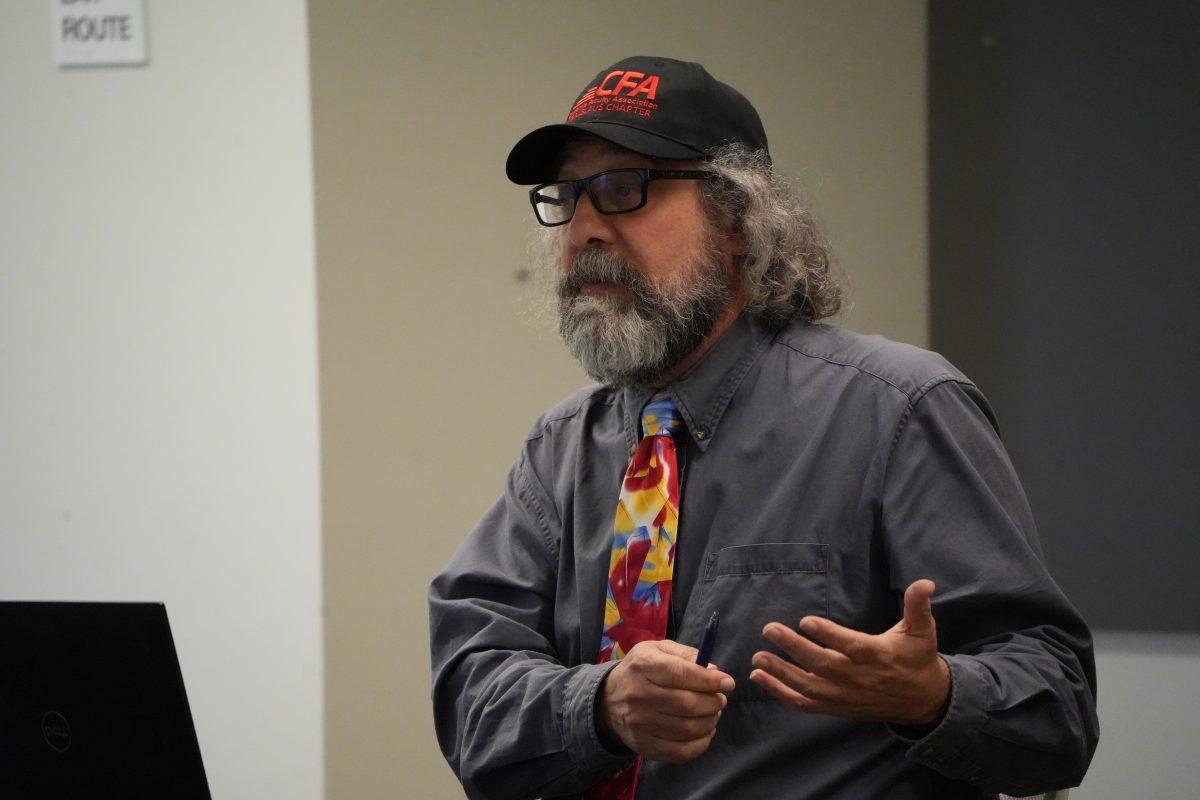Governor Jerry Brown signed new legislation on Oct. 5, which now allows physicians to assist terminally ill patients in ending their lives.
The bill requires several provisions. Patients must make two oral requests of the lethal prescription drugs, must be approved by two doctors, one request must be submitted in writing, requests must be made in front of witnesses that can attest to their mental state and doctors must certify that patient will likely die within six months.
“I personally believe that people should have a right to choose the way in which they die,” said Janelle Lavezzo (senior, Communication Studies). “I wouldn’t want to take away someone’s freedom to choose. Especially if this means sacrificing their dignity in the time they have left.”
The law, now recognized as ABX2-15, introduces a process that allows terminally ill California patients to legally obtain doctor-prescribed drugs to end their lives; a legislative movement that has sparked emotional controversies on both sides of the issue.
“Have we come to the point in our society where there are so few restraints on our human autonomy that we use the gift of our freedom to go against the commandments of God?” Bishop Stephen Blair of the Arch Catholic Diocese of Stockton said in an open letter.
The Catholic Church’s firm stance against this legislation has also been echoed by the Vatican’s perceptions of modern society.
“A throwaway culture created by the powers that control the economic and financial policies of the globalized world,” Pope Francis said.
However, an article published by the New York Times depicts the negative implications of a society that doesn’t allow this provisional right. According to this article, medical professionals may at times secretly assist patients by prescribing lethal doses of pain-killers, a move that risks prosecution. Others have no other alternative but to suggest patients starve themselves to death, something Diane Rehm experienced first hand.
An editorial piece by the New York Times depicts the story of this radio host’s husband, a native of Maryland, who was severely crippled by Parkinson’s disease and attested to the right to die on his own terms.
Currently, Maryland is one of the states in the U.S. that forbids the practice of assisted suicide, which provides patients with the opportunity to die in a “dignified way.” The state’s lack of legislation in regards to the issue resulted in death by starvation, a plan he took upon himself to implement.
Most recently, 29-year-old California native Brittany Maynard received highly publicized attention after medical professionals from her own state would not assist her in her wishes to “die with dignity.”
After being diagnosed with inoperable brain cancer, Maynard established residency in Oregon, one of the few states that allows this assisted suicide program, in order to qualify.
ABX2-15 was presented in a special session intended to address Medi-Cal funding shortages by lead author and state Assembly member, Susan Eggman, a Democrat of Stockton. With it’s passing, California now becomes the fifth state to allow such assisted suicide programs.
Many stories like these, added to the renewed political momentum of bill ABX2-15, which has seen four versions fail in California’s legislature since the first one was introduced in 1995. Currently, doctors in Oregon, Washington, Vermont and Montana can also prescribe life-ending drugs.







